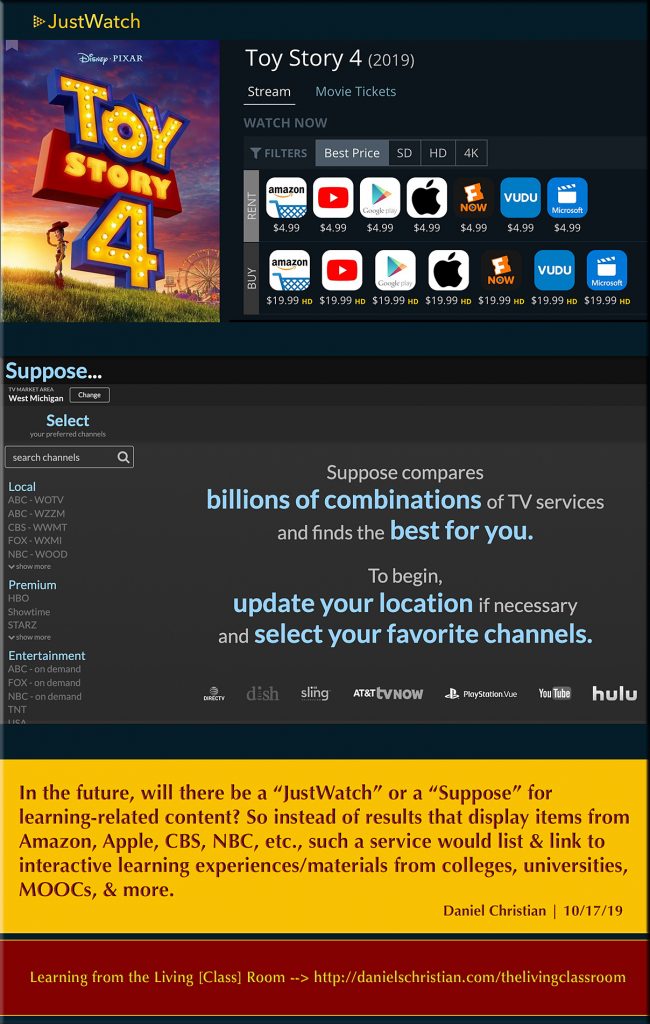From DSC:
From my perspective, both of the items below are highly-related to each other:
Let’s Teach Computer Science Majors to Be Good Citizens. The Whole World Depends on It. — from edsurge.com by Anne-Marie Núñez, Matthew J. Mayhew, Musbah Shaheen and Laura S. Dahl
Excerpt:
Change may need to start earlier in the workforce development pipeline. Undergraduate education offers a key opportunity for recruiting students from historically underrepresented racial and ethnic, gender, and disability groups into computing. Yet even broadened participation in college computer science courses may not shift the tech workforce and block bias from seeping into tech tools if students aren’t taught that diversity and ethics are essential to their field of study and future careers.
Computer Science Majors Lack Citizenship Preparation
Unfortunately, those lessons seem to be missing from many computer science programs.
…and an excerpt from Why AI can’t really filter out “hate news” — with thanks to Sam DeBrule for this resource (emphasis DSC):
The incomprehensibility and unexplainability of huge algorithms
Michael Egnor: What terrifies me about artificial intelligence — and I don’t think one can overstate this danger — is that artificial intelligence has two properties that make it particularly deadly in human civilization. One is concealment. Even though every single purpose in artificial intelligence is human, it’s concealed. We don’t really understand it. We don’t understand Google’s algorithms.
There may even be a situation where Google doesn’t understand Google’s algorithms. But all of it comes from the people who run Google. So the concealment is very dangerous. We don’t know what these programs are doing to our culture. And it may be that no one knows, but they are doing things.
Note:Roman Yampolskiy has written about the incomprehensibility and unexplainability of AI: “Human beings are finite in our abilities. For example, our short term memory is about 7 units on average. In contrast, an AI can remember billions of items and AI capacity to do so is growing exponentially. While never infinite in a true mathematical sense, machine capabilities can be considered such in comparison with ours. This is true for memory, compute speed, and communication abilities.” So we have built-in bias and incomprehensibility at the same time.
From DSC:
That part about concealment reminds me that our society depends upon the state of the hearts of the tech leaders. We don’t like to admit that, but it’s true. The legal realm is too far behind to stop the Wild West of technological change. The legal realm is trying to catch up, but they’re coming onto the race track with no cars…just as pedestrians walking or running as fast as they can….all the while, the technological cars are whizzing by.

The net effect of all of this is that we are more dependent upon the ethics, morals, and care for their fellow humankind (or not) of the C-Suites out there (especially Facebook/Meta Platforms, Google, Microsoft, Amazon, Google, and Apple) than we care to admit. Are they producing products and services that aim to help our societies move forward, or are they just trying to make some more bucks? Who — or what — is being served?
The software engineers and software architects are involved here big time as well. “Just because we can doesn’t mean we should.” But that perspective is sometimes in short supply.












